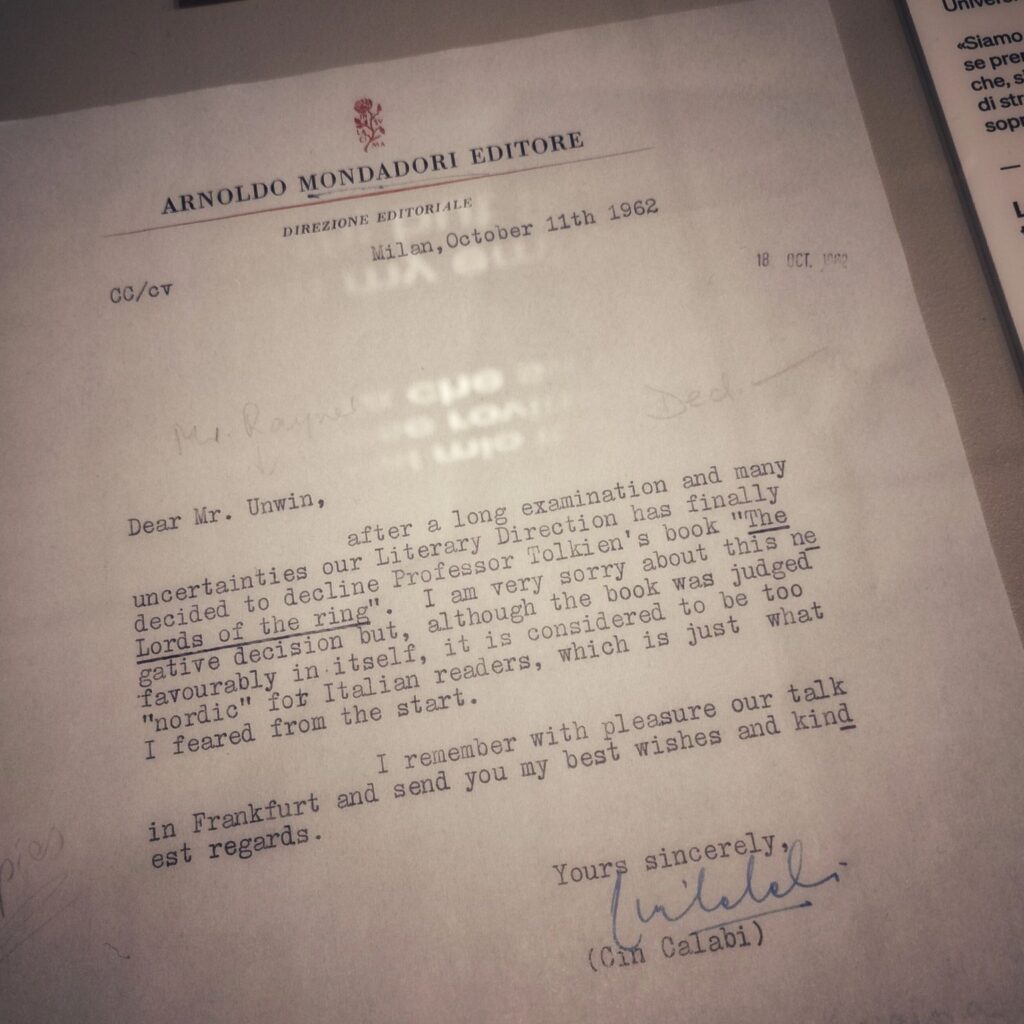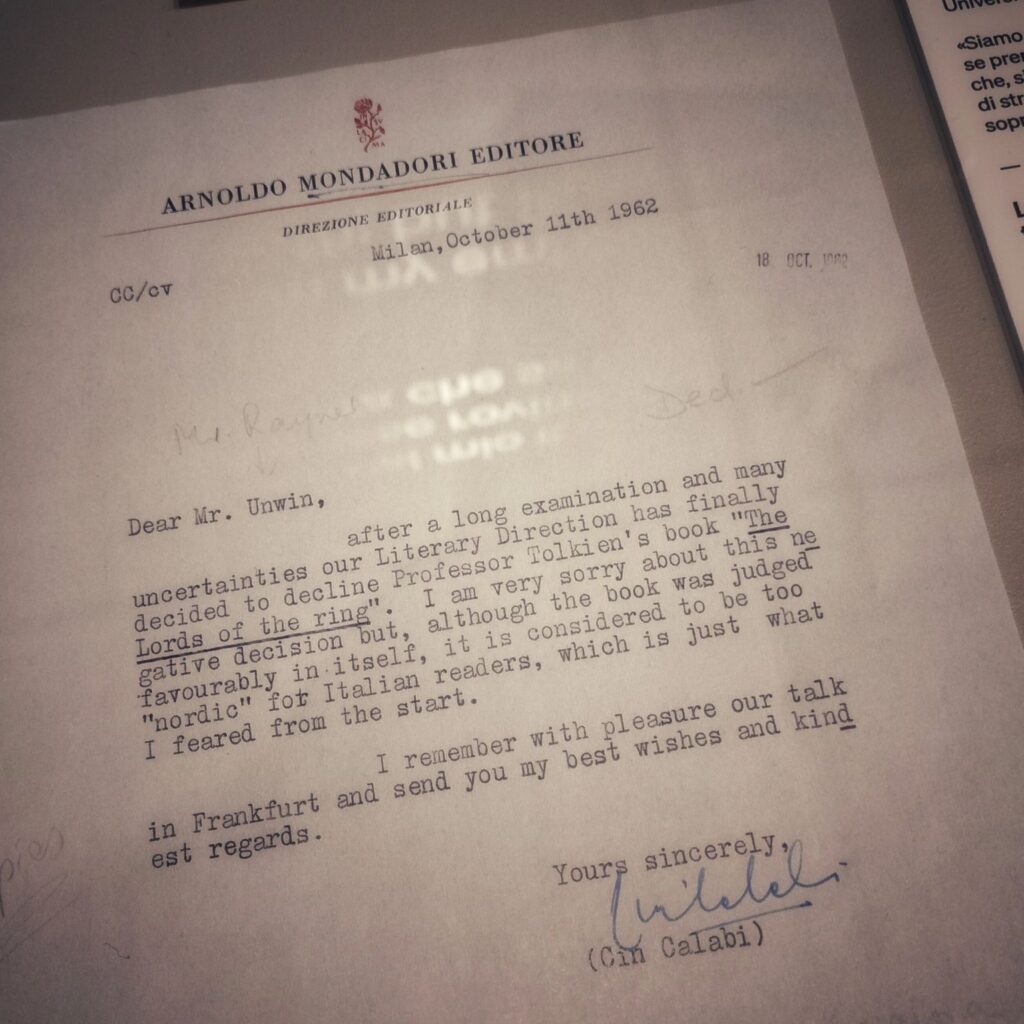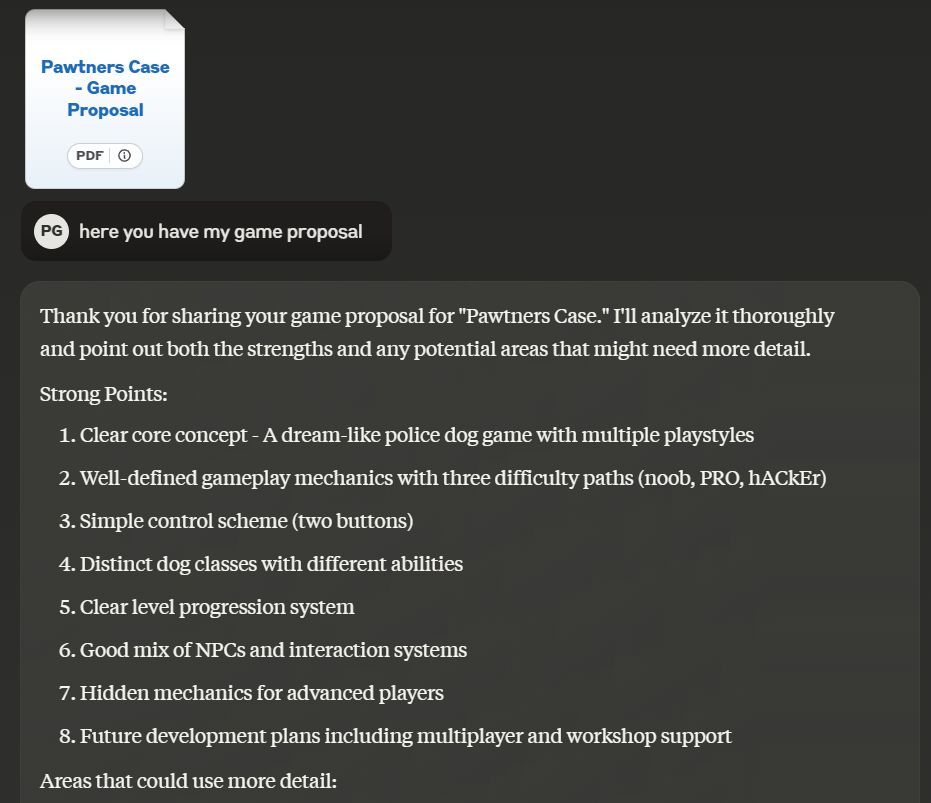In a perfect world with perfect projects made by perfect people, you make a game only when the vision is defined. In that perfect world, building the game means executing the vision.
We live in the normal World, though, and you see rarely a vision defined at project start. As a designer you encounter a direction that is try to understand what to do.
The best way to serve them and the rest of the team is to make concrete choices and execute them.
While directors are looking at the landscape from over the clouds, designers work on the ground. Game design is making concrete choices on a game, no matter what. From the top they say “yeah, sure, let’s try this but then let’s try that“, and it’s fine (well, it’s not fine, but it happens). What we can do is to execute (if we are allowed to). We should find the “this” to execute and go for it.
I have seen the prototyping as a tool for procrastination. To give something to do to the team while the direction can get that eureka moment. That often brings the teams to a bad track. Many potentially good games weren’t successful because of that.
Prototyping is a tool to find the form. But it can be one of the slowest and more expensive ways of finding the substance. It’s hard to build a vision through a set of prototypes.
Researching and engaging with competitors are the best way to understand the substance. Plus, a lot of patience.


